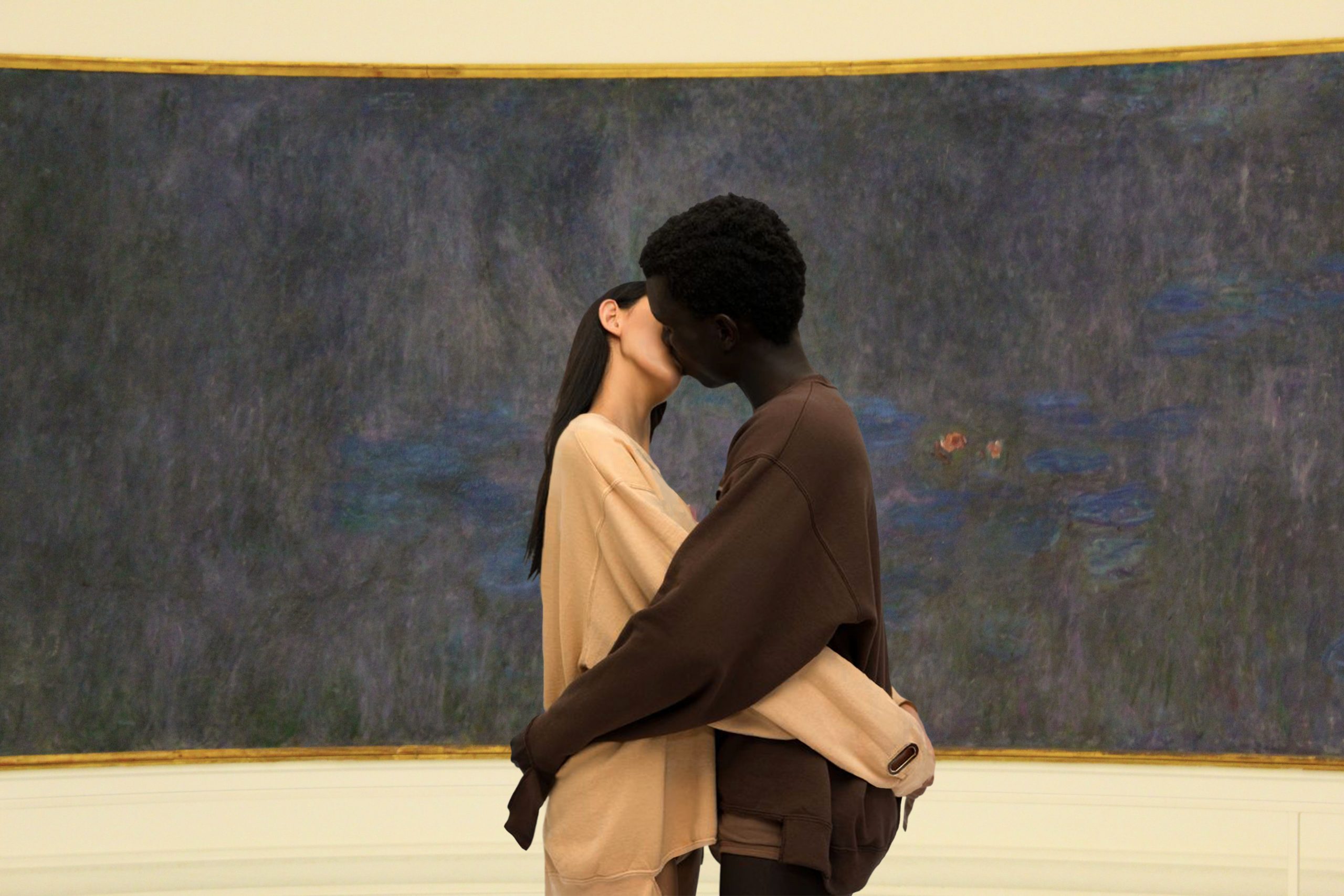
The Foreigner in the European Socio-legal Culture
From the past to the present day. An Aurora Virtual Serie Lectures from 7 October – 11 November 202
Where: ZOOM Click here to join
The seminars are free to join, but registration is very welcome. Please register:
Each seminar: 1 ECTS / the full seminar 7 ECTS. Recognition of ECTS must be verified with and approved by your institution.
The event focuses on the role of higher education in cultural and socio-legal processes of inclusion and the fight against social inequality. It aims to promote awareness-raising around migration topics, engage universities in critical discussions, and commit to teaching equality, diversity, inclusion and creating concrete practices. These are the legal and political framework premises to respond promptly and effectively to the migration phenomenon.
This event addresses scholars from different fields and approaches in social sciences and humanities. The training sessions consist of a combination of lectures conducted by Senior Researchers and presentations, and discussions led by PhD students and experts in the field. It allows to promote awareness-raising around migration topics, engage universities in critical discussions, and commit to teaching equality, diversity, inclusion and creating concrete practices. These are the legal and political framework premises to respond promptly and effectively to the migration phenomenon.
The 2030 Agenda for Sustainable Development recognizes that migration contributes to sustainable development for migrants and their communities. Those benefits concern what migrants can bring to any given territory, and the socio-political background of potential destination countries will affect how, where, and when migration occurs.
Universities are responsible for driving human development, knowledge sharing, and social innovation and equipping students with the related knowledge, skills, and values to address those complex challenges. History has revealed various models for defining foreign people recalling concepts such as the dominant language, hospitality, acceptance, and exchange since the classical era when the status of ‘the foreigner’ has been undeniably central in cultural and sociolegal terms in European civilization. In the medieval period, “foreigner” was applied to any stranger not part of that society or culture.
Finally, the cultural definition of ‘the foreigner’ has oscillated throughout Western cultural history from hospitality/welcome to discrimination. The issue has become far more pertinent in recent years, given many Western countries’ migration crises. In continental Europe, this crisis arguably represents one of the most significant sociopolitical challenges Europe has faced since the Second World War. Over time, the term has led to a definition converging on discrimination, arousing the ambivalence between tolerance and fear for diversity, and involving cultural, socioanthropological, and geopolitical aspects. This prompts a serious and inspired reflection at the socio-political, legislative, cultural and educational level, especially involving universities about re-thinking our society’s socio-cultural state and giving future graduates the skills to independently assess the societal impact of migration and the political decisions that shape migration policies.
This event addresses scholars from different fields and approaches to social sciences and humanities. The training sessions consist of a combination of lectures conducted by Senior Researchers and presentations, and discussions led by PhD students and experts in the field.
Blog picture credits: Ph. Castaldi, ©CUG UNINA. Contest fotografici.











